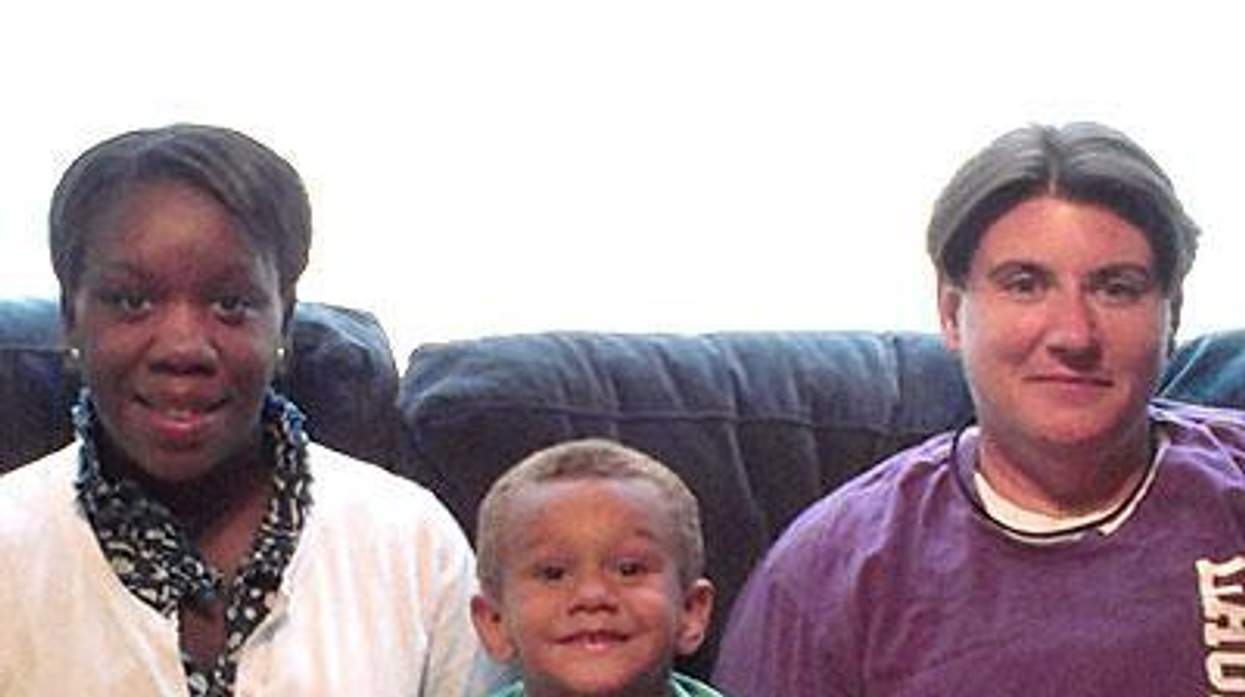Today, I'm honored to argue before a federal appeals court in Richmond, Va., for our freedom to marry. Representing a class of all same-sex couples in the state, the American Civil Liberties Union and Lambda Legal have sued the Commonwealth of Virginia over its laws that exclude gay couples from marriage.
Virginia is rightly at the center of this basic constitutional struggle. Our independence as a nation was won in Yorktown, our union was preserved at Appomattox, and the original case about the freedom to marry originated here, with Loving v. Virginia. As recently as the 1960s, many states still banned interracial marriage, and Virginia was one of them. Indeed, Virginia imprisoned Mildred and Richard Loving simply because she was African-American, he was white, and they had fallen in love and dared to marry. The ACLU was proud to represent them as lead plaintiffs in Loving v. Virginia, the class action in which the Supreme Court struck down Virginia's interracial marriage ban and upheld everyone's fundamental right to marry. That 1967 decision is a centerpiece of the modern movement for the freedom to marry for same-sex couples.
Between Loving v. Virginia and the current Virginia marriage case, Bostic v. Schaefer, the LGBT rights movement has been busy. Just over a decade ago, gay couples couldn't marry in any state in the U.S.; now 18 states plus the District of Columbia give us that dignity. We've gotten there through lots of hard work -- passing marriage laws through state legislatures, winning the freedom to marry at the ballot box, and securing court orders requiring states to provide us equal protection and equal dignity under the constitution. The ACLU (which brought its first LGBT rights case in 1936) has been there all along -- from 1970, when we filed the country's first freedom-to-marry lawsuit; to 2004, when we filed marriage lawsuits against six states; to 2008, when we helped win marriage in California; to 2013, when we helped Edie Windsor take down the core of the Defense of Marriage Act before the Supreme Court. And since Windsor, we've gone all-in -- we are currently suing 11 states in federal and state courts around the country over their marriage bans, including being counsel for the class in Bostic.
The story of our clients -- the class representatives in this case -- highlights the harms that Virginia's marriage ban inflicts. Joanne Harris and Jessi Duff are raising a son together and want to provide him the stability and protections that come with marriage. Joanne is an epileptic, so she naturally worries about whether Jessi will be able to make medical decisions for her in a crisis or would be able to remain a parent to their son should anything happen to Joanne. No parents or partners should have to worry as they do. Christy Berghoff and Victoria Kidd are also class representatives, and while they married in 2010 in Washington D.C., Virginia considers them to be legal strangers. Like many married members of the class, Christy experiences a disorienting legal limbo. She's considered married during the day at the office in D.C., but when she crosses the border into her home state of Virginia at the end of the day, she becomes legally a single mom.
Alongside us in this fight is a legal team with decades of experience in the movement. Four major cases have advanced gay rights before the U.S. Supreme Court: Romer v. Evans (striking down Colorado's ban on civil rights laws for gay people in 1996), Lawrence v. Texas (striking down Texas's criminal sodomy law in 2003), Hollingsworth v. Perry (bringing the freedom to marry back to California in 2013), and United States v. Windsor (striking down the core of the federal Defense of Marriage Act in 2013).
The Bostic legal team includes the organizations and lawyers who litigated all four of those cases. The ACLU and Lambda Legal were co-counsel in Romer; Lambda Legal brought and Jenner and Block's Paul Smith argued Lawrence; Ted Olson and David Boies, sponsored by the American Foundation for Equal Rights, represented the plaintiffs in Perry; and the ACLU and I were privileged to be co-counsel for Edie Windsor. All of these lawyers now represent either the plaintiffs or the class in Bostic.
And the Virginia attorney general is on our side as well, something that happens only rarely when a state law is challenged in court. It's an honor to be part of such an amazing legal team.
In collaboration with this incredible team of plaintiffs and lawyers, today I'm making the case for equality for LGBT people in Virginia. I'm confident that our hearing in Richmond is one stop on a journey that will soon bring us marriage equality nationwide.
JAMES ESSEKS is director of the American Civil Liberties Union's Lesbian Gay Bisexual & Transgender Project.















